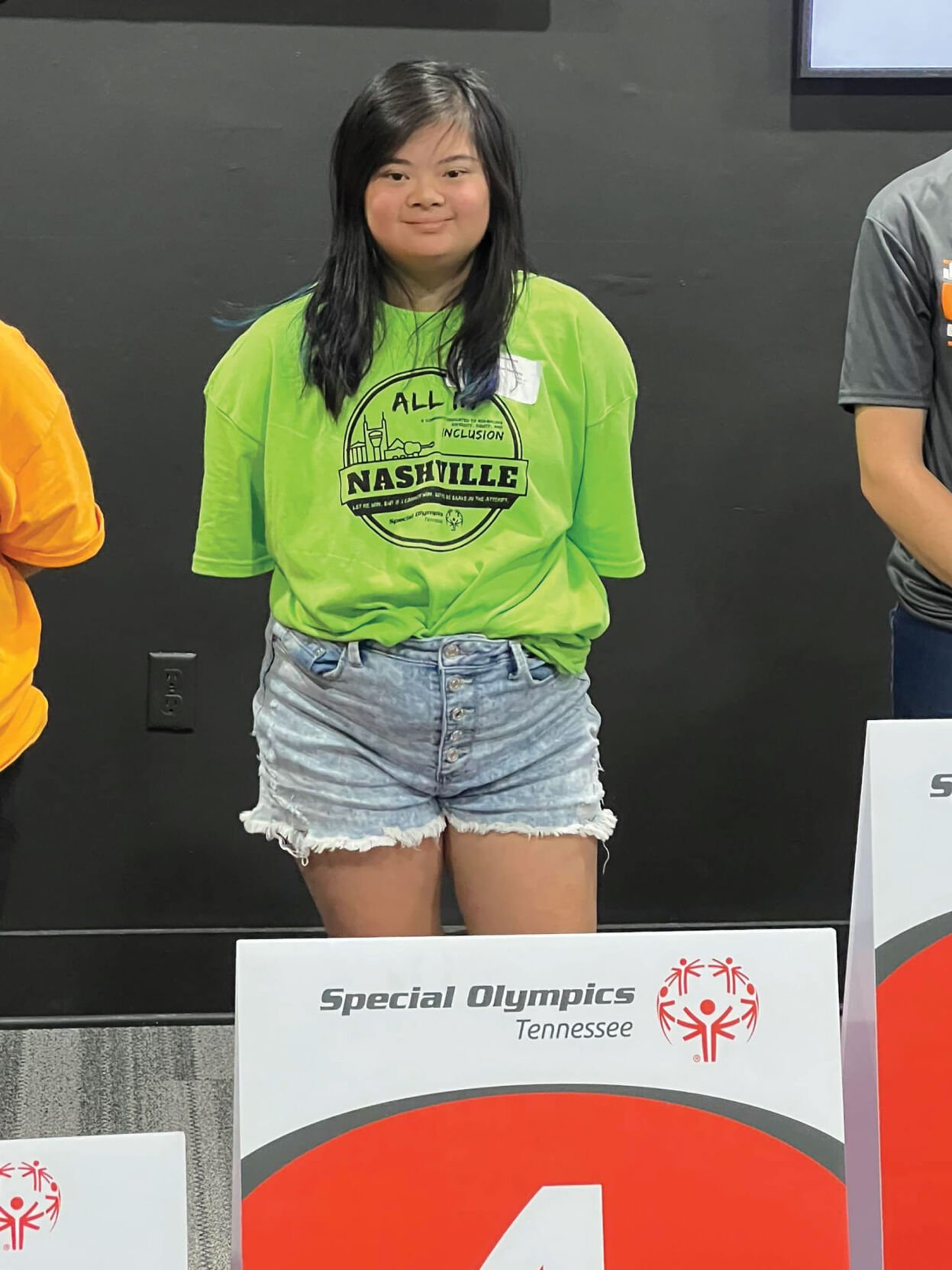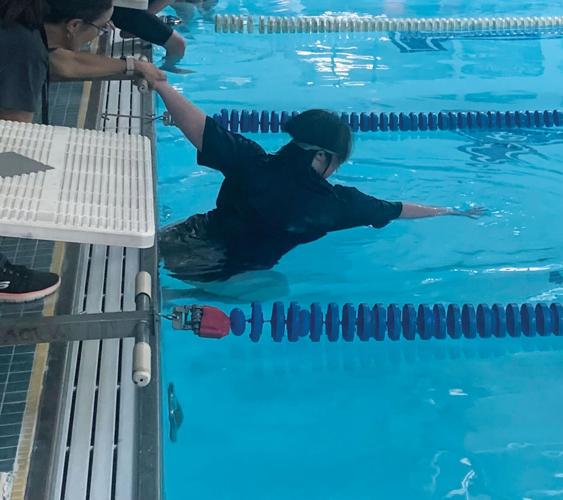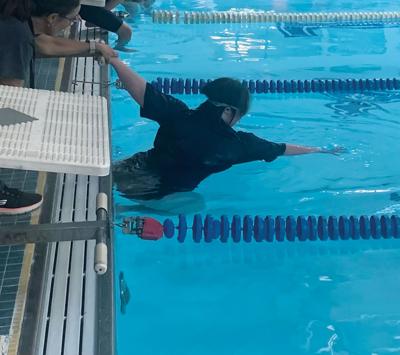More than 1,000 athletes will compete May 17 and 18 in the Tennessee Summer Games, the biggest Special Olympics competition in the state. The two-day event is set to feature contests across six categories: athletics (aka track and field), bocce, powerlifting, aquatics, volleyball and the newest addition, pickleball, which recently replaced tennis.
The Special Olympics USA Games take place every four years, and the state-level games are the highest-profile events many athletes will compete in. Special Olympics Tennessee (SOTN) puts on competitions throughout the year — including a golf tournament and the Fall Games, which feature flag football, bowling and cornhole — but the Summer Games are the crown jewel of the organization’s schedule.
Lipscomb University will play host to most of the festivities, while Centennial Sportsplex will host the slate of aquatic events. The Young Athletes Games, for competitors ages 3 through 12, will take place at Lipscomb Academy.
“They’ve been amazing with us,” SOTN Nashville-area director Kassie King says of Lipscomb. “We pretty much take over their whole entire campus.”
With the success of the events at Lipscomb and regional competitions at schools like Ensworth, plus the help of organizations like the nonprofit Nashville Dolphins, Nashville has shown it has both the infrastructure and interest for national-level events. And that’s why SOTN plans to submit a bid to host the 2030 Games here.
With the Summer Games being the biggest event on the yearly schedule, spots are limited. Athletes are allowed to compete in only one sport in the games; competitors at this level practice more specialization than the multisport approach many have when they’re younger. “It’s very competitive,” King says.
But it’s not only about the competition. Many of these athletes have been competing together for years.
“It is a community,” says Joyce Segelhorst, the recreational leader for the Metro Parks disABILITIES Program. “For a lot of our folks, it is a big test of independence. It’s everything that you’ve trained for, all coming together. You’re with your friends, your family is rooting for you, you’ve trained hard. It’s a wonderful experience. So it really motivates people to be picked to go to the Special Olympics Games.”

Laney Hammett
For sisters Tori and Laney Hammett, sports have been a nearly lifelong experience. Tori, who is 34 and has been participating since she was 8, will compete in the freestyle swimming competition and as the anchor leg in the team relay race at the Summer Games. Twenty-year-old Laney will compete alongside her cousin Jonathan in the unified bocce event.
The Hammetts not only practice and compete in their individual sports, but are also on a basketball team and a cheerleading squad in leagues run by Metro Parks.
“They’re phenomenal over there at what they do,” King says of the disABILITIES program. “And once we add new sports at SOTN, they get athletes right on it so that they know that they’re prepared and they can be competitive in it.”
The communities that form around these leagues are just as important to the athletes as the competition itself, and the Summer Games are no different. After all the sweat and clashing over medals, the weekend event will culminate in a dance where all the competitors come together — dressed in their best, of course — to celebrate the conclusion of the games.
When asked if they’ll be nervous to compete on such a big stage, alongside hundreds of the state’s best competitors, the Hammett sisters have a simple, unified answer.
“No.”






